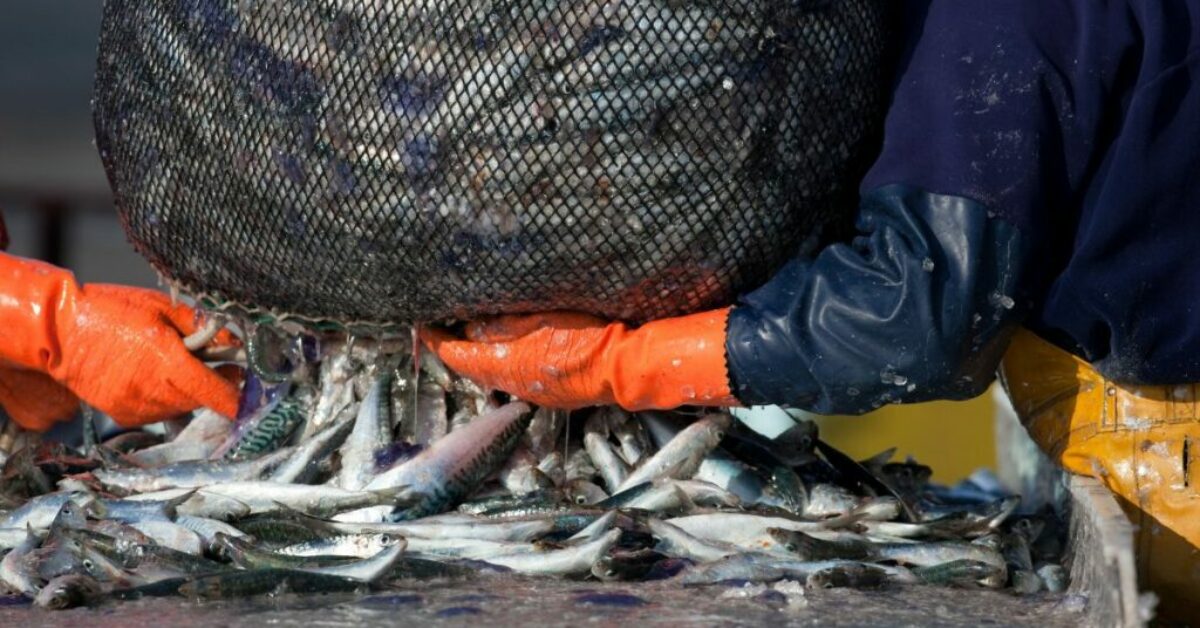How To Become A Fisherman?
Fishing is one of the oldest professions in the world, and it remains an essential industry to this day. Becoming a fisherman is no easy feat, but for those who love the sea and have a passion for fishing, it can be a fulfilling career choice. In this article, we will explore the steps to becoming a fisherman, the skills needed to succeed as one, and the benefits of working in this field.
Steps To Becoming A Fisherman
There are several steps to take if you want to become a fisherman. Fishing is a profession that requires dedication, hard work, and a passion for the sea. It is an exciting and rewarding career that allows you to work in nature’s beauty and earn a living at the same time.
- Education and Training
First and foremost, you need to have a high school diploma or equivalent. A degree in marine science, oceanography, or a related field can also be beneficial. However, formal education is not always necessary, as many successful fishermen learn through on-the-job training.
Additionally, it is important to have a good understanding of the fishing industry, including regulations, equipment, and techniques. You can gain this knowledge through courses offered by fishing organizations, community colleges, or vocational schools. - Gain Experience as a Deckhand
Next, you should join a fishing crew as a deckhand. This will give you hands-on experience and help you develop the skills and knowledge needed to become a successful fisherman. Deckhands typically work long hours in challenging conditions and perform a variety of tasks, such as setting up gear, cleaning the boat, and hauling in catches.
As a deckhand, you will learn the basics of fishing, such as how to bait hooks, set nets, and navigate the waters. You will also learn how to work as part of a team and communicate effectively with your crewmates. - Apply to Become a Mate
After gaining experience as a deckhand, you can apply to become a mate, which is a higher-ranking position onboard a fishing vessel. Mates are responsible for overseeing deckhands, working closely with the captain, and managing the fishing gear.
As a mate, you will have more responsibilities and be expected to have a deeper understanding of the fishing industry. You will also need to be able to make quick decisions and solve problems on the spot. - Become a Captain
To become a captain, you need to have several years of experience as a mate or deckhand. Captains are responsible for running the vessel, navigating the waters, and managing the crew.
As a captain, you will need to have excellent leadership skills, be able to make sound decisions, and have a deep understanding of the fishing industry. You will also need to be able to handle the financial aspects of running a fishing business, such as budgeting, marketing, and sales.
Becoming a fisherman requires dedication, hard work, and a passion for the sea. By following these steps and gaining experience, you can turn your love of fishing into a successful career.
Skills Needed to Become a Fisherman
In addition to the above mentioned skills, there are several other important factors that contribute to becoming a successful fisherman. One such factor is having a good understanding of marine biology and ecology. Knowing the behavior and habits of different fish species can greatly increase your chances of catching them.
Another important skill is being able to read weather patterns and understand how they affect the fish. Certain weather conditions can make fish more active and easier to catch, while others can make them more difficult to locate.
Having a strong work ethic and being able to work well under pressure is also essential for a fisherman. Fishing can be a physically and mentally demanding job, and it is important to be able to stay focused and motivated even when faced with challenging conditions.
Finally, a successful fisherman must also have a good understanding of business and marketing. Knowing how to price and sell your catch, as well as how to market your services to potential clients, can make a big difference in the success of your fishing business.
Overall, becoming a successful fisherman requires a unique combination of physical, mental, and technical skills. It is a challenging but rewarding profession that offers the opportunity to work in some of the most beautiful and exciting environments in the world.
What is A Fisherman?
A fisherman is someone who catches fish for a living. They work on commercial fishing vessels, from small boats to large trawlers, and use various techniques to catch fish. Some fishing vessels operate close to shore, while others go out to sea for weeks or months at a time.
Fishermen typically work long and irregular hours, often starting before dawn and finishing late at night. They are exposed to weather conditions and physical demands that can be challenging and dangerous.
Despite the challenges, many people are drawn to the fishing industry for its unique lifestyle and the thrill of the catch. Fishing communities around the world have a rich history and culture, with traditions passed down from generation to generation.
One popular fishing technique is called longlining, which involves setting out a mainline with thousands of baited hooks. This method is commonly used to catch species like tuna and swordfish. Another method, called trawling, involves dragging a large net behind the boat to catch fish that live close to the ocean floor.
Fishermen must also be knowledgeable about the fish they are targeting, including their behavior, habitat, and migration patterns. They often use sonar and other technology to locate schools of fish, and may use different types of bait and lures depending on the species they are trying to catch.
While the fishing industry can be lucrative, it is also subject to fluctuations in fish populations and changing regulations. Overfishing and habitat destruction have led to declines in many fish stocks, and fishermen must often navigate complex regulations to ensure their catch is legal and sustainable.
Despite the challenges, the fishing industry remains an important source of food and livelihood for millions of people around the world. From the bustling fish markets of Tokyo to the quiet harbors of New England, fishing is a vital part of many communities and cultures.
The Benefits of Working as A Fisherman
There are many benefits to working as a fisherman. For one, you get to spend your working hours at sea, enjoying the beauty and tranquility of the ocean. The vastness of the ocean can be awe-inspiring, and the ever-changing colors of the water can be a source of constant wonder. The sound of the waves crashing against the hull of the boat can be both soothing and exhilarating, and the fresh sea air can be invigorating.
Another benefit of working as a fisherman is the opportunity to witness the amazing marine life up close. Dolphins, whales, and sea turtles are just a few of the incredible creatures that fishermen may encounter on their voyages. The thrill of seeing these majestic animals in their natural habitat can be an unforgettable experience.
Aside from the beauty of the ocean, fishing can also provide a sense of satisfaction and pride. Bringing home a catch and providing food for others is a noble and rewarding pursuit. Knowing that your hard work and dedication can contribute to feeding families and communities can be a source of great pride.
Furthermore, fishing can be a financially rewarding career. Experienced captains can earn six-figure salaries, and crew members often receive a share of the catch. The amount of money that can be earned depends on the type of fish being caught and the location of the fishing grounds. Some species of fish, such as tuna and swordfish, can fetch high prices and provide a substantial income for fishermen.
Job security is another benefit of working as a fisherman. As long as there is a demand for seafood, there will be a need for fishermen. In fact, with the growing popularity of sustainable fishing practices, there may be even more opportunities for fishermen in the future.
Finally, fishing can be a great way to build strong friendships and bonds with your crewmates, as you work closely together in challenging conditions. The long hours spent at sea, battling the elements and hauling in nets, can create a sense of camaraderie and teamwork that is hard to find in other professions. Many fishermen form lifelong friendships with their crewmates, and the memories of their adventures at sea can last a lifetime.
Becoming a fisherman is a challenging but rewarding career choice. By following the steps outlined above and developing the necessary skills and characteristics, you can embark on a fulfilling journey at sea. Whether for financial gain or personal passion, the work of a fisherman is an important and respected industry that will continue to thrive for generations to come.




